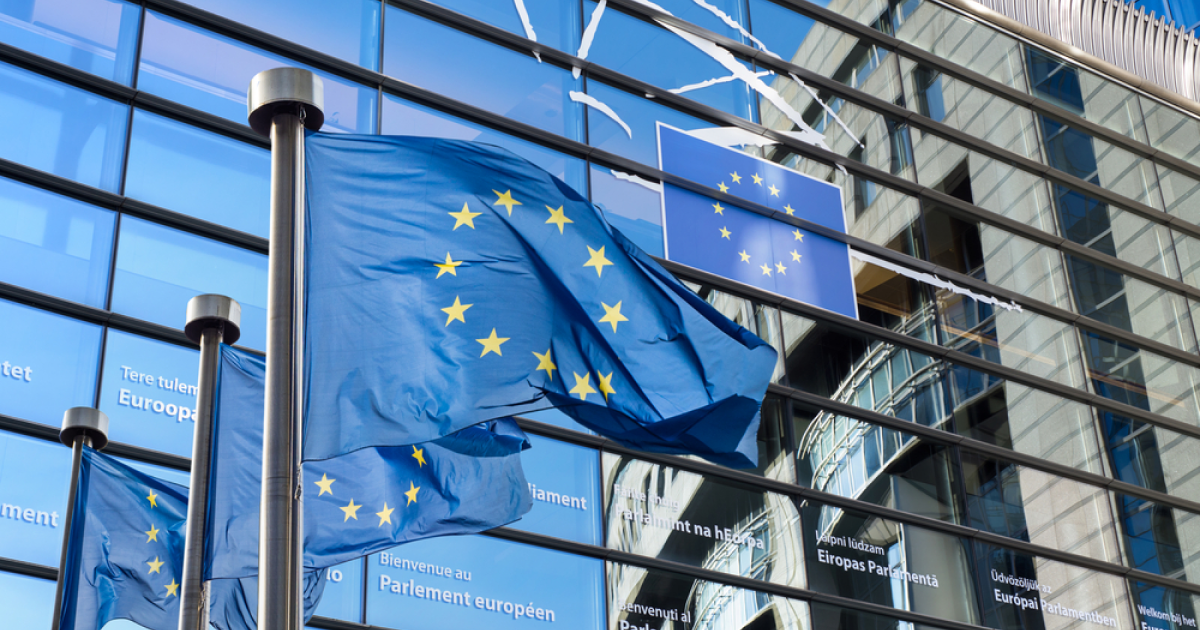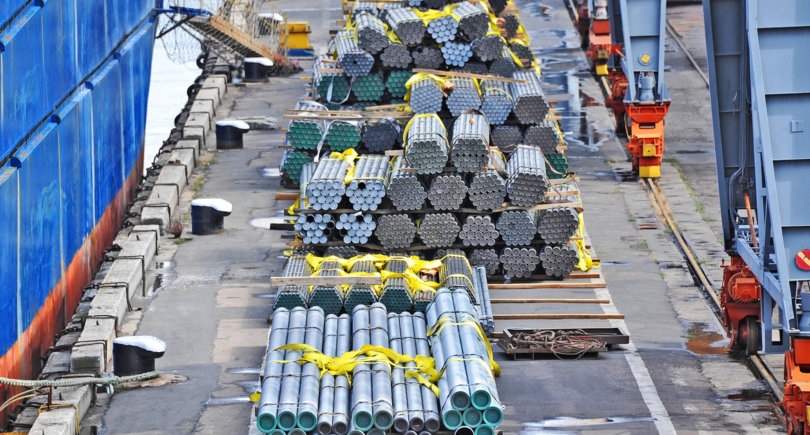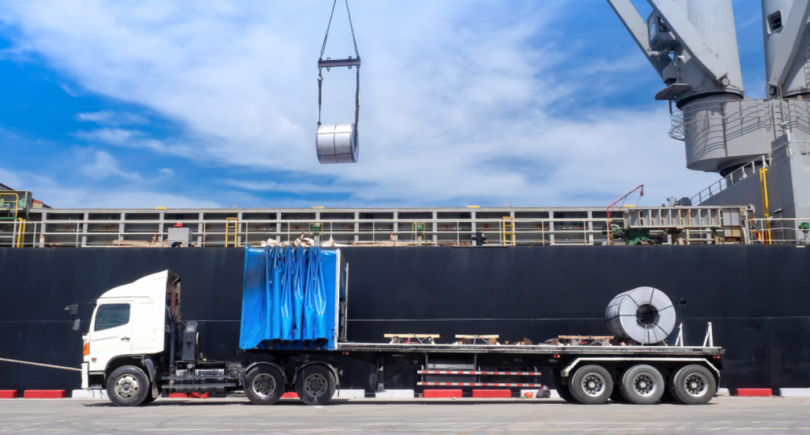
News Global Market protective measures 5288 14 March 2024
The European Commission has decided to maintain the current anti-dumping duties for another five years
The European Commission has decided to maintain the current anti-dumping duties on imports of certain types of corrosion-resistant steel products (CRS) from China, in particular hot-dip galvanized coils (HDG), at 17.2-27.9%, depending on the supplier. This is stated in a report in the Official Journal of the EU.
The duties were first imposed in 2018 for a period of five years, with a review of their validity starting in February 2023. The investigation covered the following customs codes: 7210410020, 7210490020, 7210610020, 7210690020, 7212300020, 7212506120, 7212506920, 7225920020, 7225990022, 7225990092, 7226993010, and 7226997094.
According to the EC’s report, according to the Global Trade Atlas (GTA), the main destinations of China’s CRS exports were Thailand, South Korea, Vietnam, Brazil, Indonesia, Israel, Chile, Peru, and Japan. The average export price for these products was 15% lower than that observed in the EU market during the period of the review investigation (February 2023 – March 2024). In addition, the costs of shipping from China to Europe decreased significantly during this period.
«Taking into account the price level and lower transportation costs, the EU market is much more attractive for Chinese exporters than all other countries, except for the Philippines. Thus, in the absence of the measures, potentially higher prices and volumes of exports to the EU would bring higher profits than exports to other third countries, which is indicative of the attractiveness of the EU market,» the EC said.
According to the report, if the measures were to expire and the prices at which Chinese exporters would supply the relevant goods to the EU were in line with the export prices to third countries observed during the review, the level of dumping would be significant.
As GMK Center reported earlier, EU safeguard measures on 26 types of steel products, which were due to expire in mid-2024, will be reviewed for possible extension. The new investigation was launched at the request of 14 EU member states in connection with the inflow of carbon-intensive imports. The investigation will be completed, and a decision made before the expiration of the current safeguard measures (June 30 this year).




